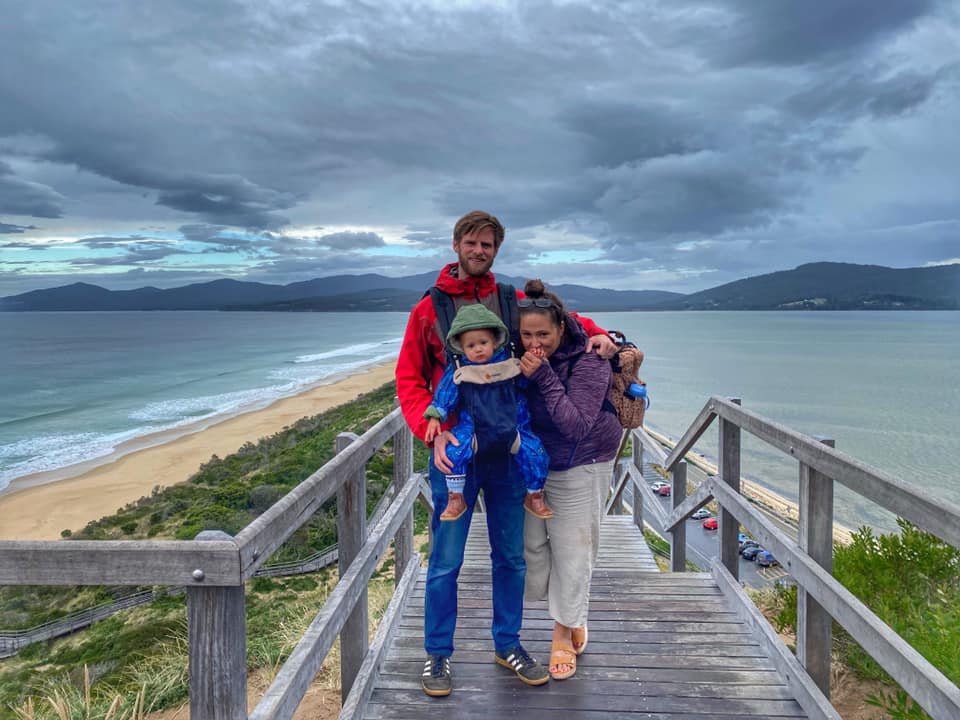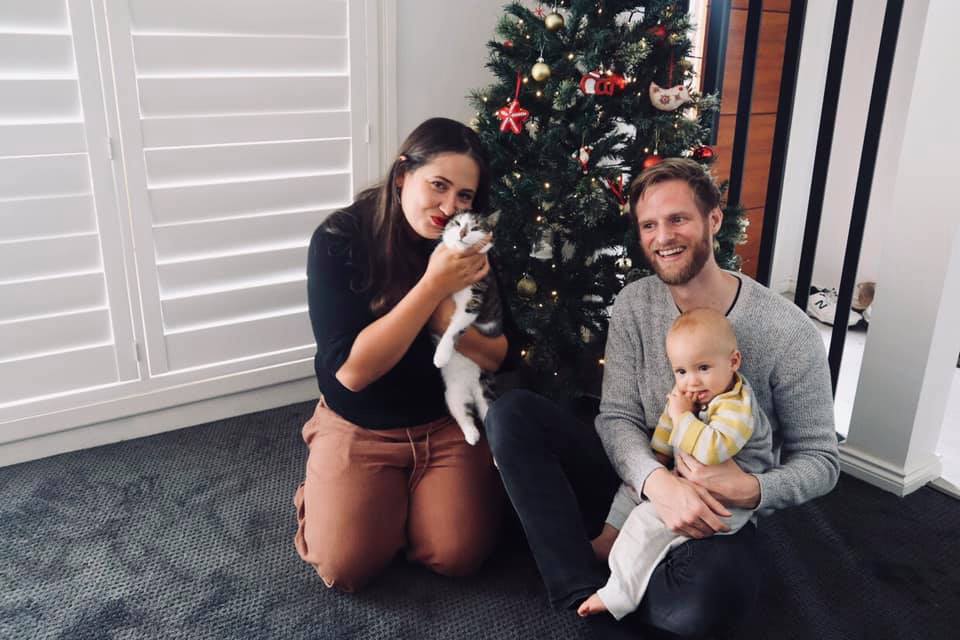I plan to retire at 35 This is how
I always had a niggling irk at the idea of working until I was in my late 60s.
Not for a lack of a work ethic, though. My parents both worked hard and instilled the social duty in me that working was an important facet of being a responsible and contributive member of society. For the most part, I was excited to play my part in the workforce.
But the notion of working that hard, for my entire life, with very little in between? That terrified me.
Everywhere I looked, it seemed that the expectation was to keep up the Joneses, living well beyond my means - mostly paycheck to paycheck - and hope that by the time I reached 70 I’d be able-bodied and of sound enough mind to enjoy the modest nest egg I had created.
Nothing about that sounded appealing. Hell, nothing about that even seemed logical.
Fast forward fifteen years and I did join the workforce, bright-eyed and bushy tailed. It was great. I was ambitious, hungry to learn and hard-working, and I quickly rose through the ranks of leadership and responsibility. Still, though, I couldn’t reconcile the notion of that being my life for the next fifty years.
FIRE (Financial Independence Retire Early) is a financial strategy that combats this expectation, both on a tangible level and on a philosophical one.

Michelle pictured with her family.
Supplied
In many ways it’s a movement. It’s not rocket science, or littered with risk: simply start as young as you can, save as much as your income as possible and invest it regularly into low-risk, diversified investment vehicles.
What you invest in is up to you, but for many FIRE followers it sings to the tune of index funds, listed investment companies, superannuation, high-growth property and bonds, among others.
The trick is to learn quickly how to live (well) within your means, create surplus cash flow either in your current income or by creating more (for example, a raise, a new job or a side venture) and funnel that regularly into “slow burners†- long-term growth asset classes, where compounding interest does most of the heavy lifting for you later on.
The more you can save, the sooner you can retire.
As hardcore FIRE followers, my husband and I have been saving just shy of 80% of our income - after mortgage payments and general bills are paid - for the better part of a decade. For us now, saving and investing is second nature. Pure muscle memory.
Are we frugal? I don’t know I’d call us that.
We’re intentional. We know what brings us joy and value and we spend on those things - everything else is just commercial noise.
We like buying good-quality food, travelling and doing things as a family with our son, so we make space for that in the budget. Contrary to the misconception about FIRE savers, we also love treating friends and family by covering the bill unexpectedly or gifting them something thoughtful.

Michelle and her partner follow the FIRE strategy.
Supplied
Because of the uncertainty of the past two years, I truly believe that more and more people who have the means are looking for a way to leave the rat race.
There’s a keenness like never before to explore alternatives to the life they’ve been conditioned to believe is the only way to live - and for many who can, creating for themselves financial stability outside of a typical income is the way to do it.
So what happens when you retire young? A common (and valid) criticism of FIRE, and a real struggle for retirees in general is the lack of day-to-day stimulus, activity and meaning. Given how inherently productive and social human beings are, it makes sense that mental health might spiral when no consideration is given to life post-work.
I can only answer this for myself, as I feel that it’s a very personal challenge. For me, downing tools completely is not my goal anymore. I’m happy running a successful yet humble business, raising my son and volunteering. Those things keep me pretty busy.
I expect at 35 I’ll peel back my working hours to only a few a week, focus on enjoying my son’s best childhood years, turn my neural ramblings into books, travel as much as is allowed by then and probably take a couple of really solid naps.
Because ultimately, that’s the thing. When money doesn’t become a consideration, you become abundant in other currencies, like time - and you absolutely cannot put a dollar figure on that kind of wealth.
Michelle has documented her journey to financial independence in her blog, That Girl On Fire.
0 Response to "I plan to retire at 35 This is how"
Post a Comment